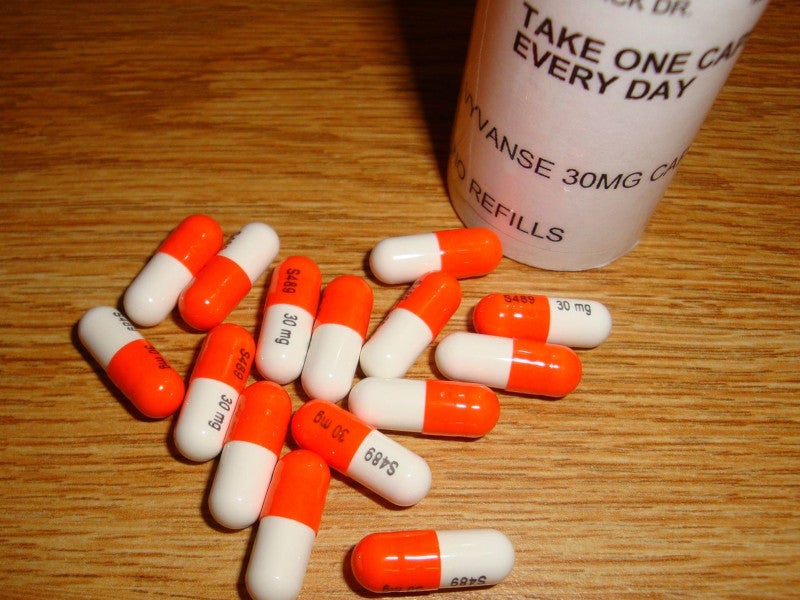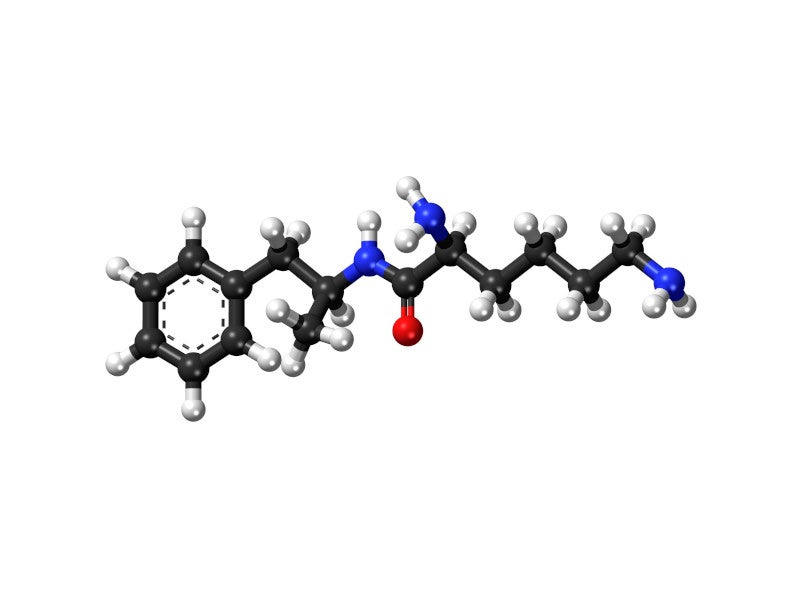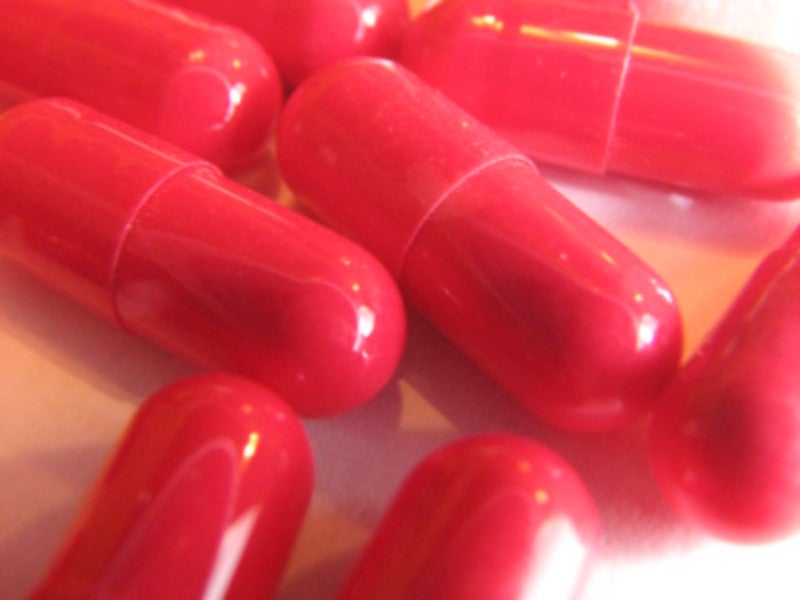Vyvanse® (lisdexamfetamine dimesylate) is a central nervous system (CNS) stimulant indicated for the treatment of moderate-to-severe binge-eating disorder and attention deficit hyperactivity disorder (ADHD).
Developed by Shire in partnership with New River Pharmaceuticals, the drug was first approved by the US Food and Drug Administration (FDA) in February 2007 for the treatment of attention deficit hyperactivity disorder (ADHD).
Shire submitted a supplemental new drug application (sNDA) for Vyvanse® for the treatment of moderate-to-severe binge-eating disorder in adults to the FDA in July 2014. The drug was approved by the FDA for the indication in January 2015. Vyvanse® is also approved in Australia for both the conditions and in Canada, Europe, and Brazil for the treatment of ADHD.
Vyvanse® is classified as schedule II controlled substance due to the risk of drug abuse. It is available as capsules and chewable tablets in multiple strengths for oral administration.
Causes and symptoms of binge-eating disorder
Binge-eating disorder was recognised as an eating disorder in 2013. It is characterised by recurring episodes of abnormal consumption of large amount of food in a small time. It is one of the most common eating disorder in the US, affecting both men and women.
Some of the common symptoms of the disorder are lack of self-control over eating, and stress during binge eating.
Vyvanse’s mechanism of action
Vyvanse® is a prodrug version of dextroamphetamine. Amphetamines are stimulants that improve the message travelling speed between the mind and the body.
The exact mechanism of action of the drug is not known, but it is believed to inhibit the norepinephrine and dopamine reuptake into presynaptic neuron and accelerate the monoamines release outside the neuron.
Clinical trials on Vyvanse
The FDA’s approval of Vyvanse® was based on the results of multiple studies including an 11-week, phase II trial named Study 10. The randomised, double-blind, placebo-controlled, clinical study evaluated the efficacy of 30mg, 50mg, and 70mg doses of Vyvanse® per day with placebo for reducing binge episodes per week in adults with binge-eating disorder.
The 50mg and 70mg doses of Vyvanse® were found to be superior to placebo in reducing the binge episodes.
The binge-eating treatment efficacy of Vyvanse® was studied in two 12-week randomised, double-blind, multi-centre, placebo-controlled, dose-optimisation studies named Study 11 and Study 12. Each study comprised a four-week dose optimisation study and an eight-week dose maintenance study. The primary endpoint of both the studies was change in binge-eating episodes per week from baseline to week 12.
In Study 11, the mean change from baseline was -3.87, compared to -2.51 for the placebo group. The mean change from baseline was -3.92 in Study 12, compared to -2.26 for placebo.
Another trial named Study 13 was conducted to compare the maintenance efficacy between Vyvanse® and placebo with time. It was a double-blind, placebo-controlled, randomised withdrawal design, longer-term study for up to 26 weeks to observe relapse in patients.
The patients who responded to the open label study and continued with Vyvanse® during the withdrawal study for 26 weeks demonstrated superiority over patients who were on placebo.
The most common adverse events observed in the patients during the clinical trials were dry mouth, reduced appetite, increased heart rate, insomnia, constipation, anxiety, and jittery feeling.
Marketing commentary on Shire
Based in the US, Shire is a biotechnology company that was acquired by Takeda, a pharmaceutical company based in Japan, in January 2019.
Vyvanse® is one of the key brands of Takeda under the neuroscience therapeutic area.





